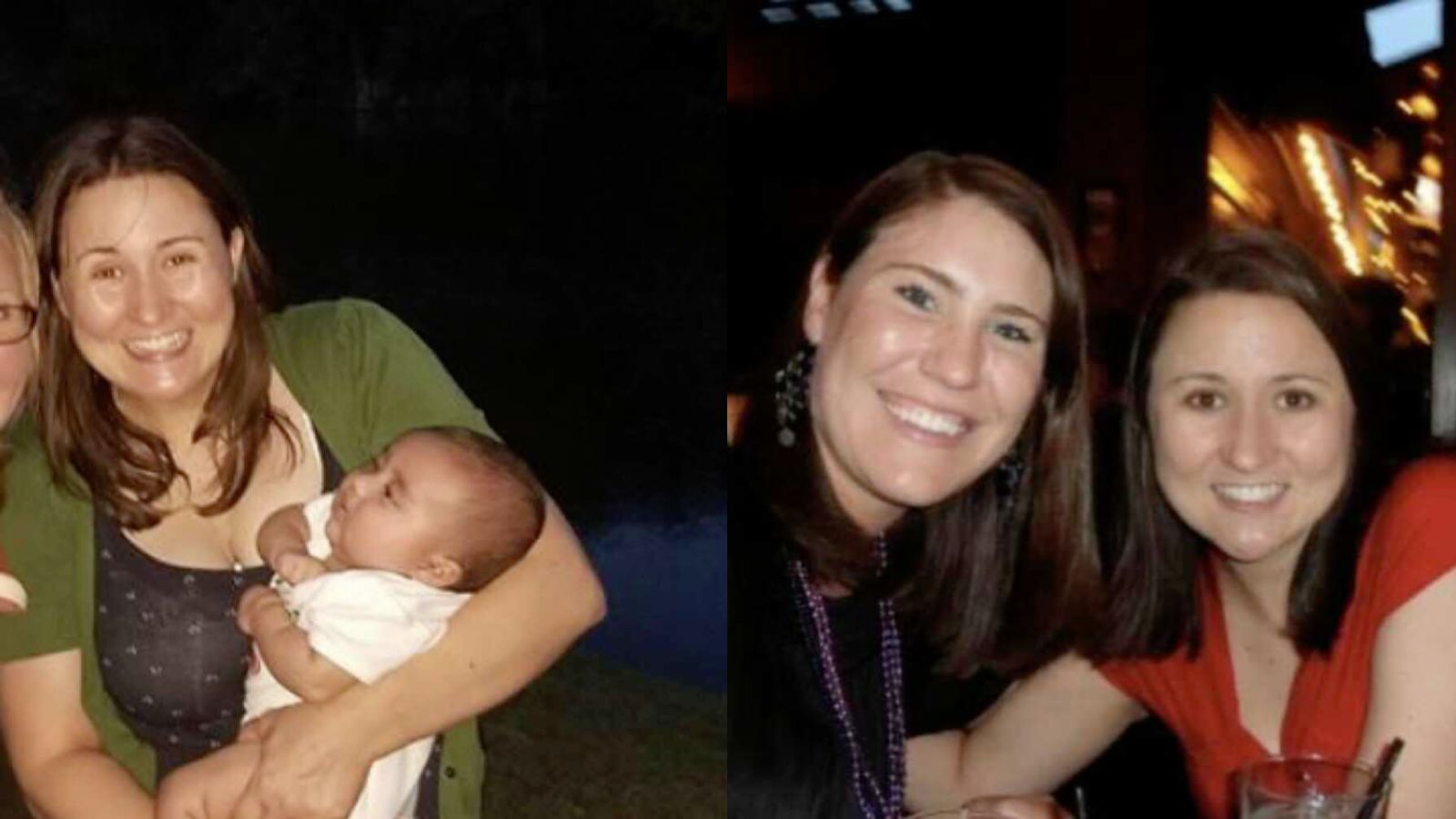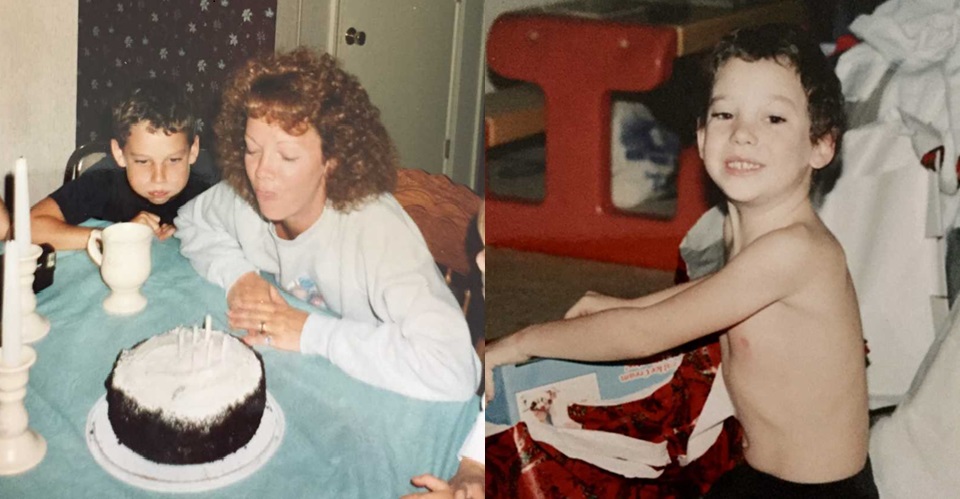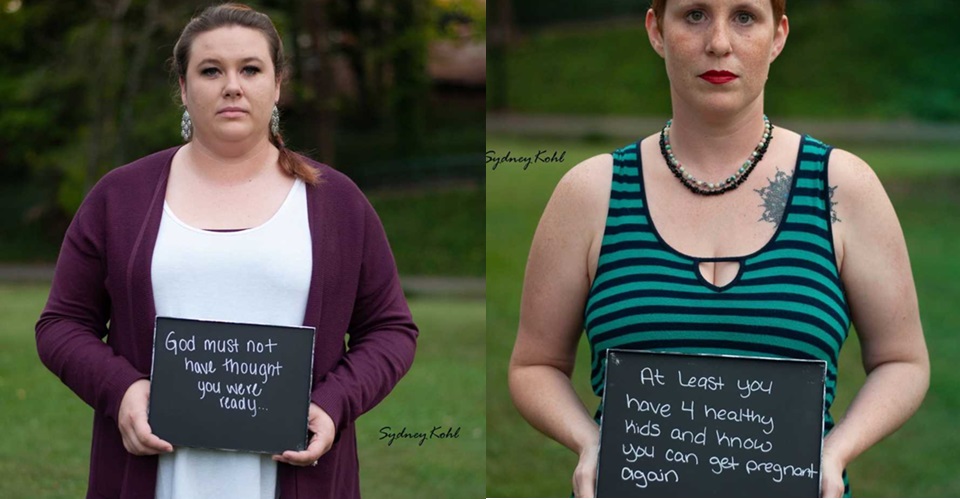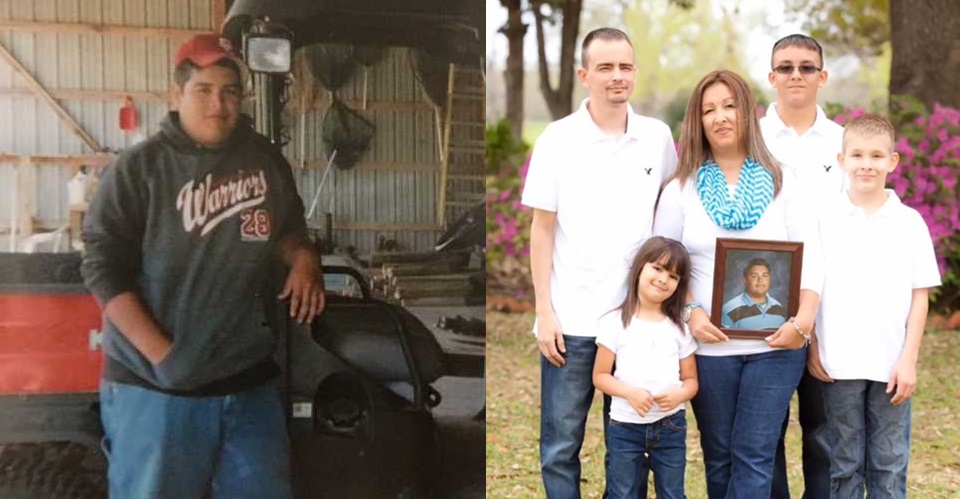I used to be ashamed of having bipolar disorder. It is basically mental health problem where sometimes it get over excited over thing and sometimes get to much depression u can’t control your emotions. To me, it sounded like a label for people with extreme moods, or worse, a word that meant “unstable.” When I was twenty-three, my psychiatrist changed my diagnosis from depression to bipolar II, the milder form of bipolar disorder. I felt a mix of curiosity and shame. Could it really be me? Looking back now at thirty-seven, I know I actually have bipolar I, the more severe form.

I first noticed something was wrong when I was seventeen. I felt disconnected from the world, like reality wasn’t real. I would hit my hands against walls to check if I was even here. Everything was seem to be fake to me even I won’t ready to believe that this world is real. My parents took me to a psychiatrist, and my pastor tried to help me through prayer. I started antidepressants, but they didn’t help much.
As a child, I struggled with anxiety. I remember I was to young when I face so muc stress depression over little thing it was becoming my swear issue. I obsessed over falling asleep safely, imagining strangers breaking in and hurting me. I prayed nightly, following strict routines to prevent bad dreams. School was stressful too. I excelled academically, but if I didn’t get perfect grades, I felt like a failure. In high school, I cried alone in class over a geometry test, worried I had disappointed my parents. My whole teenage was so stress and it was becoming danger day by day.

Sports became another source of pressure. I was okay at soccer and excelled in track, but I carried the weight of winning too seriously, counting down the days between competitions. Despite the anxiety, friendships kept me grounded. My friends were my anchor, giving me relief from the stress of school and sports. Talking to them about my feelings was deeply therapeutic.

In college, my depression worsened. I had dark thoughts and sometimes self-harmed, sobbing alone in the dorm shower. Friends helped me through those years, but my struggles forced me to take a leave of absence. Returning, I leaned on my supportive roommate, who listened to me nightly, helping me feel a little more stable.

After graduating, I tried to taper off my medications. I planned to change myself mean make that issue s to be solved I planned to stop taking my medication may be this would help me to live much easier but I don’t know the drawback that it might can make my life after I stop taking my regular pill I become psycho I start talking to myself and I started to attempts suicide my friends boycott friendship with me I was all alone and that was killing me inside too. Within months, I became suicidal. I had a minor psychotic episode and started taking antipsychotics along with antidepressants. I attempted suicide again and was hospitalized. Though ashamed, I returned to my teaching program and graduated, proud of my perseverance.

Working as a teacher, I continued to struggle with cycling moods. I also worked at a camp for children with special needs, where I met my husband, Edward, and lifelong friends. These relationships, along with my parents’ support, kept me afloat through depressive, manic, and psychotic episodes.
When I became pregnant with my first daughter, Shiloh, I prepared for postpartum depression, but I was unprepared for postpartum psychosis. Two days after birth, I stopped sleeping and began hallucinating, believing my milk was harming Shiloh and that I was dying. Edward helped me get to a psychiatric facility, where I spent 29 days recovering. The experience left me traumatized, missing the early bonding with my newborn.

Over the next months, I struggled with motherhood while managing medications. Support from Edward, family, and friends helped me bond with Shiloh and regain stability.

Eventually, I felt ready to have another child. With careful planning and the right medical team, I gave birth to my second daughter, Vida. Though anxiety and mania threatened to disrupt those early days, support, sleep, and careful monitoring allowed me to bond with Vida safely.

My experiences taught me the importance of preparation, support, and knowledge for women with bipolar disorder during pregnancy. I now write about maternal mental health, educate others about perinatal mood disorders, and advocate for women in similar situations. My mission is to help mothers prioritize their mental health, understand the risks, and feel supported rather than ashamed.

Living with bipolar disorder has felt like being in the eye of a hurricane, sometimes calm, often turbulent. But sharing my story, being open about my struggles and recovery, and supporting others has made it worthwhile. Mental health exists on a spectrum, and everyone deserves to care for themselves, seek help, and live without stigma. Prioritize your mental health. Speak up. Get help. You are worth it.











